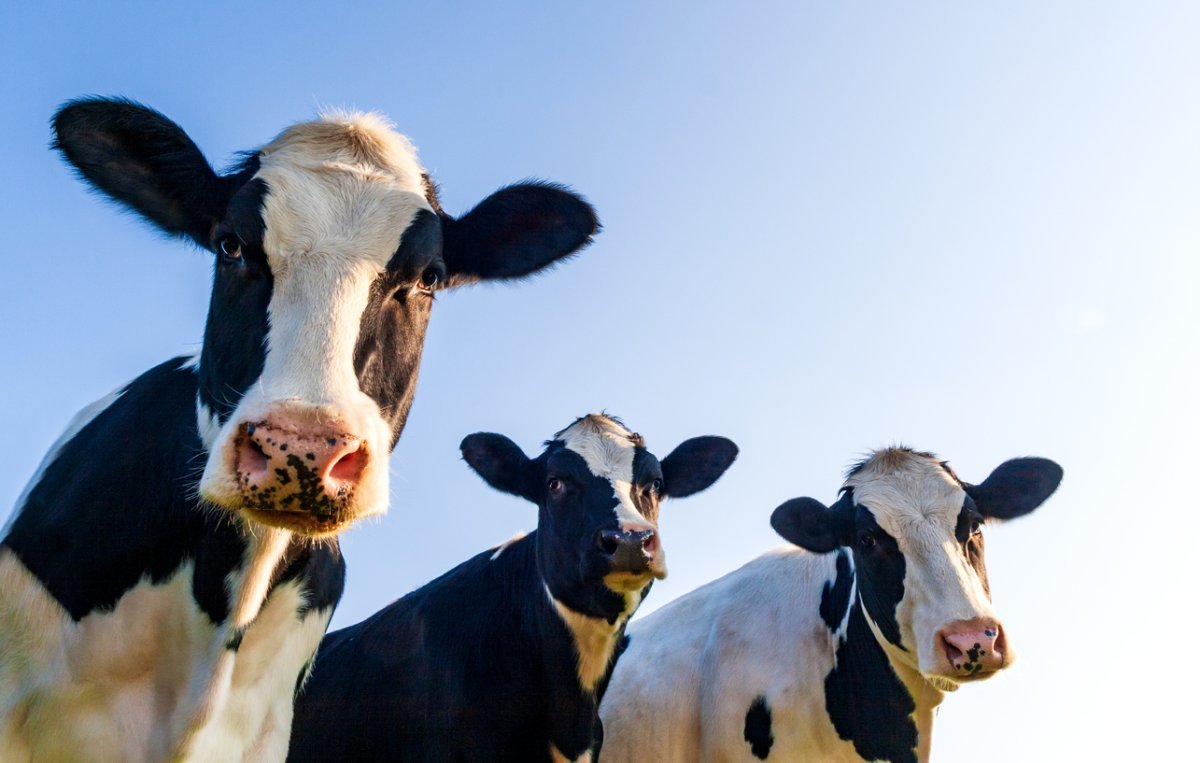If you’ve ever driven through farm country at the right time, you’re already somewhat familiar with cow manure fertilizer. That’s one of those rare times in life where I think I would appreciate stuffy sinuses!

There are entire books and college classes on the science of soil and fertilizer. At the risk of glossing over the immense amount of work that so many have done to bring us this knowledge, let’s just say that the best all-purpose plant fertilizer has some combination of nitrogen, phosphorus, and potassium, along with smaller amounts of nutrients like zinc, manganese, magnesium, and many others.
If you want to make the most of your efforts, a soil sample test will tell you what you need to balance your soil.
Another good reason for a soil test? Researchers at Brown University in Rhode Island found that “lead-based paint spread more than 400 feet from nearby water towers, and often penetrated more than 12 inches below the soil surface.”
The quality of your soil is important, but the safety of your soil might be even more-so.
Is it contaminated with old lead paint that chipped off your house? Used oil from someone changing their motor oil in the backyard? Perhaps arsenic from the treated wood on your old deck? Maybe the manure runoff from the farm uphill? Chemical waste from the old factory upriver? Leaky septic system? Pesticides? Or maybe your home is newly built on land that was once an industrial site?
In the articles below, we dive into everything you need to know about soil and fertilizer, such as soil safety, improving soil quality, drainage, using fertilizer, making fertilizer, and growing your best, most nutritious garden. And you can learn even more in our How to Grow a Vegetable Garden: 10 Things Every Gardener Needs to Know Before Starting a Food Garden freebie. Enjoy!

If you’ve ever driven through farm country at the right time, you’re already somewhat familiar with cow manure fertilizer. That’s one of those rare times in life where I think I would appreciate stuffy sinuses!
Container vegetable gardens are the versatile champions of any garden. I love container gardens because you can start them indoors and transition them outdoors without disrupting the vegetable roots. They’re ideal for small spaces, porches, balconies, and even that sliver of side yard you might have that gets great sun exposure but is too small for a garden bed. The key to a successful container garden is your potting medium. There are many different store-bought varieties of potting soil and potting mix, but in my opinion, the best potting soil for container vegetables is a hand mixed.
We know fish has plenty of proteins and oils that are good for us, but is fish fertilizer good for our plants? Sometimes it’s hard to look beyond the marketing hype and figure out what counts when it comes to taking care of our gardens.
If you’ve seen one soil, you’ve seen them all. It’s just dirt, right? Is there any reason you can’t use your raised bed soil for your indoor garden? The answer is not complicated, but there’s a little more to it than just “yes,” or “no.” The best soil for an indoor vegetable garden may not be soil at all. We’ll get to that in a minute.
If you’re at all like me, you’re probably thinking about next year’s garden the minute the thermometer starts to drop. Heck, I’m still enjoying garden-fresh Swiss chard, and I’m thinking about what I want to plant in the spring. While fall and winter aren’t really the time to put tomato seeds in the ground, learning […]
Ah … the infamous clay soil. The nemesis of gardeners everywhere. When it comes to the loose, well-drained soil that gardens love, clay soil is the opposite. Tender roots have a hard time cutting through it, and water pools in clay soil, leaving you with waterlogged plants. Alas, many of us gardeners have to figure […]
You may know that some vegetables, like peas and beans, add nitrogen to soil. You may know that plants and vegetables need nitrogen. And you’ve no doubt seen the NPK ratio on a bag of fertilizer, which denotes how much nitrogen, phosphorous, and potassium are in the mixture. You may also know that too much […]
As much as it saddens me to bring this up, there is a lot of contaminated garden soil in the world. But contaminated soil doesn’t necessarily mean you can’t safely garden. First, let’s get a quick overview of the issue. The EPA points out that “thousands of contaminated sites exist nationally due to hazardous waste being dumped, […]
Near the gate of his 11-acre farm in central Rhode Island, John Kenny talks about his quest to improve garden soil. Or, more accurately, to share his knowledge with gardeners so they can improve their own soil. Part of that plan today includes tossing a few tomato hornworms to his chickens. Wings flap and dust […]
Hi there. For those who may not know me, my name is Amanda, and I like to play in the dirt. Even better, I like to make my own dirt! Who said gardening has to be boring? One of the “dirts” I like to make turned out to be the best seed starting mix I’ve […]